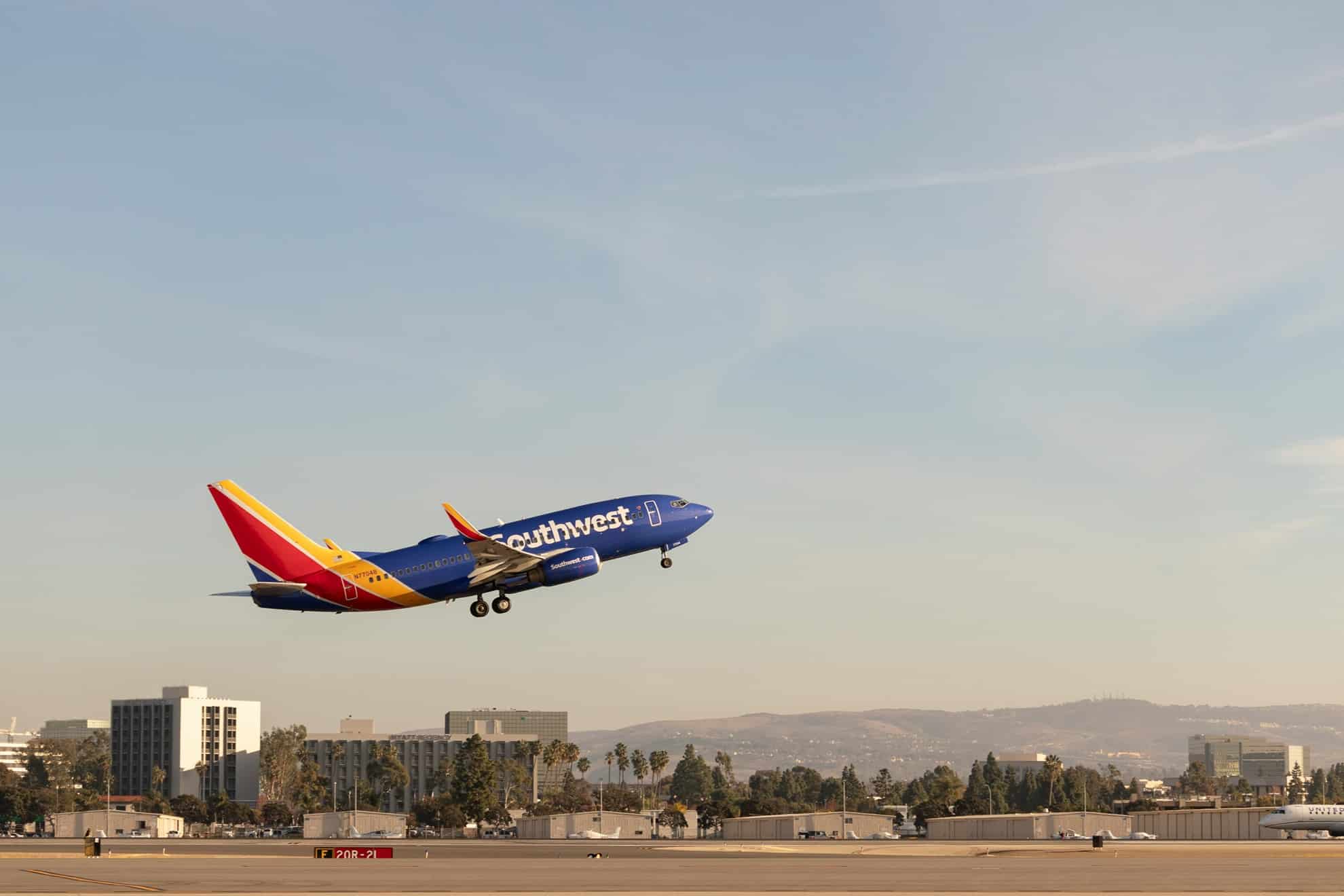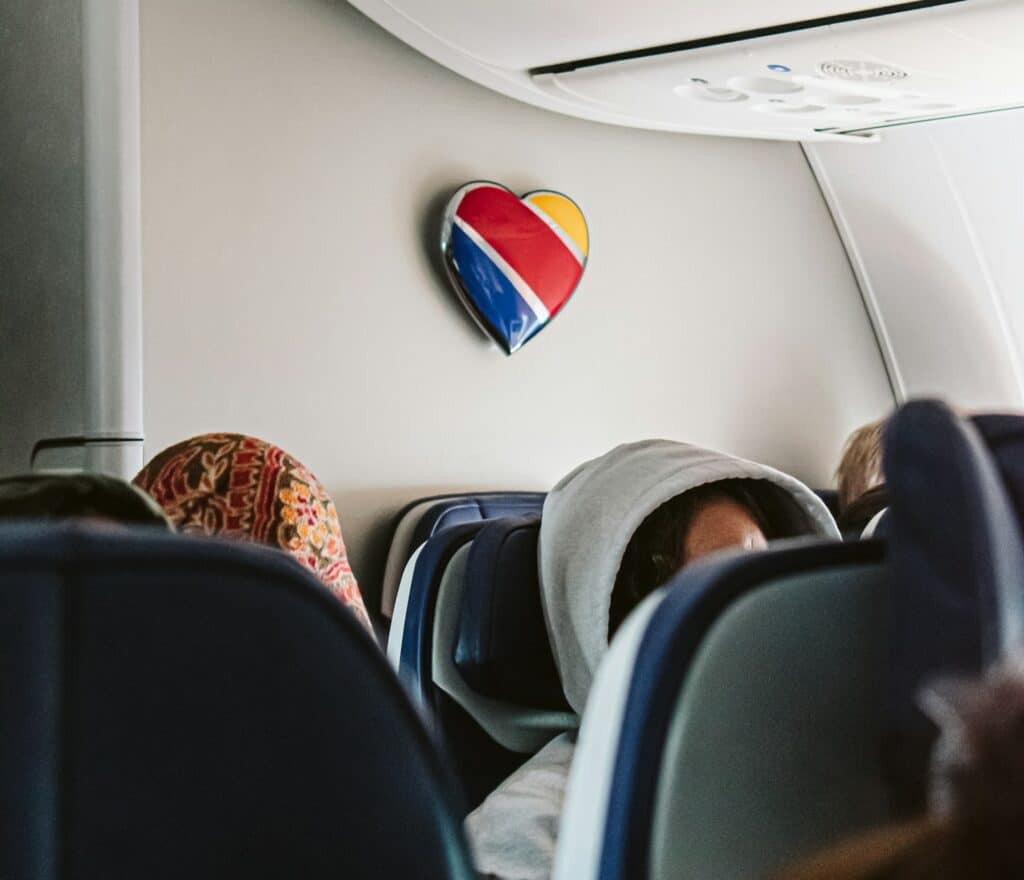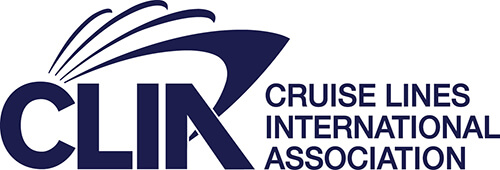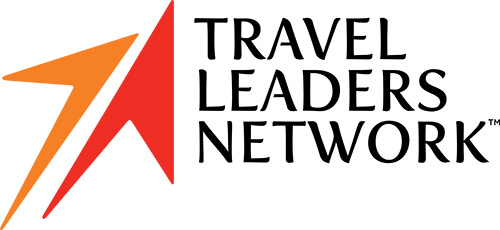Southwest Abandons Free Changes Free Bags Open Seating
What This Means for Southwest's Loyal Travelers
Southwest Airlines, renowned for its customer-friendly policies and unique operational model, is embarking on a series of significant changes set to reshape the travel experience for its passengers. That’s right! This year we will bear witness as Southwest abandons free changes, free bags, open seating: the perks and policies that many of us love most about this airline. These transformations, scheduled to roll out through 2025 and beyond, mark a departure from long-standing traditions that have defined the airline for decades. This article delves into these three pivotal changes: the end of open seating, the introduction of fees for flight changes, and the implementation of charges for checked baggage.
No More Open Seating
For over 50 years, Southwest Airlines has operated on an open seating policy, allowing passengers to choose their seats upon boarding. This first-come, first-served approach has been a distinctive feature of the airline, setting it apart from competitors. However, in July 2024, Southwest announced plans to transition to assigned seating, a move driven by extensive customer research indicating that 80% of current and 86% of potential customers prefer assigned seats.
The shift to assigned seating is slated to begin later this year, with the airline starting to sell assigned seats in the second half of 2025 and implementing the new system in early 2026. This change aims to enhance the customer experience by providing clarity and reducing the anxiety associated with open seating. Moreover, Southwest plans to introduce premium seating options with extra legroom, catering to passengers seeking additional comfort during their flights.
No More Free Changes
Historically, Southwest has been lauded for its flexible policies, notably allowing passengers to change their flights without incurring additional fees. This flexibility has been a significant draw for travelers seeking adaptable travel plans. However, as part of its new business strategy, Southwest is introducing a Basic Fare option for its lowest-priced tickets purchased on or after May 28, 2025. This fare category is expected to come with more restrictions, potentially including fees for flight changes and cancellations, aligning Southwest’s policies more closely with those of other major carriers.
The introduction of a Basic Fare aims to attract more price-sensitive customers while allowing the airline to generate additional revenue through ancillary fees. This move reflects a broader industry trend where airlines unbundle services traditionally included in the ticket price, offering lower base fares but charging for add-ons such as seat selection, baggage, and flight changes. While this approach provides more options for consumers, it also requires travelers to be more vigilant about the terms and conditions associated with their tickets.
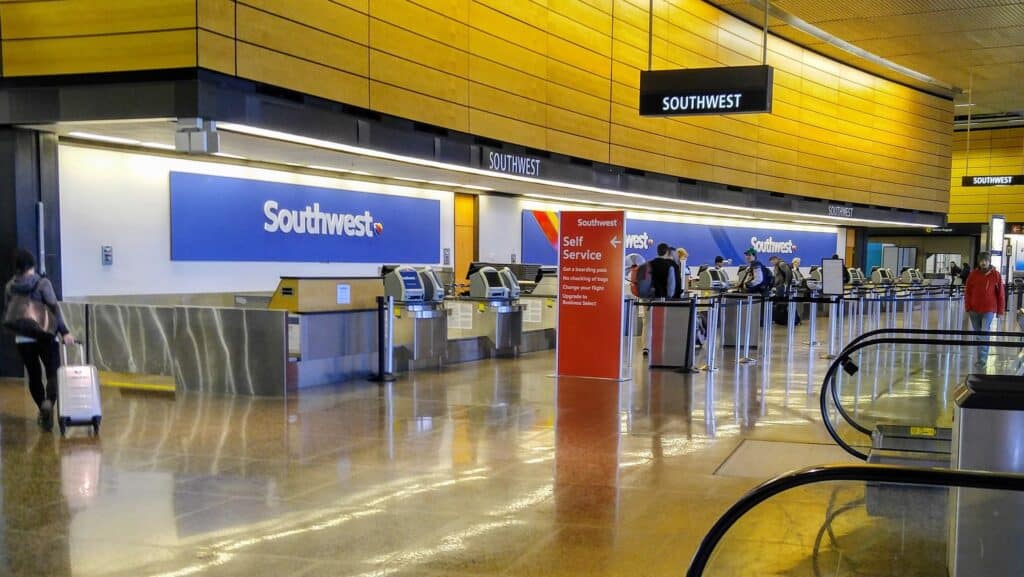
No More Free Bags
Perhaps the most controversial change is the end of Southwest’s longstanding “Bags Fly Free” policy. Since its inception, the airline has allowed all passengers to check two bags free of charge, a policy that has been a cornerstone of its customer-friendly image. However, starting May 28, 2025, Southwest will begin charging for checked bags, with free checked baggage limited to certain customers, including A-List Preferred Members, Business Select passengers, A-List Members, and Rapid Rewards Credit Card Members.
The decision to implement baggage fees aligns Southwest with its competitors, which have long charged for checked bags and basic economy fares. Analysts expect Southwest to generate around $1.5 billion annually from this new fee, providing a significant boost to the airline’s profitability. However, this move risks alienating loyal customers who have valued the simplicity and cost savings associated with the free baggage policy. Industry experts caution that while the introduction of bag fees may improve the airline’s financial performance, it could also lead to a loss of market share among leisure travelers who may seek alternatives that offer more inclusive pricing.
What This Means for Travelers
Southwest Airlines is shaking things up in a big way, moving away from some of the policies that have made it stand out for years. Switching to assigned seating is meant to make flying less stressful for some travelers by eliminating the scramble for seats. Meanwhile, the new Basic Fare—likely to come with more restrictions on flight changes—is a clear play to attract budget-conscious travelers while potentially bringing in extra revenue. And while these new checked baggage fees aligns Southwest with industry norms, it absolutely risks alienating loyal customers, like me, who have always appreciated the airline’s inclusive pricing.
As these changes take effect, passengers will need to adapt to the new policies and carefully read and consider the terms and conditions associated with their tickets. While these adjustments may enhance Southwest’s competitiveness and profitability, they also represent a departure from the airline’s traditional emphasis on customer-friendly policies. I guess we’ll just have to wait and see how these changes impact Southwest’s market position and customer loyalty in this increasingly competitive airline industry.

